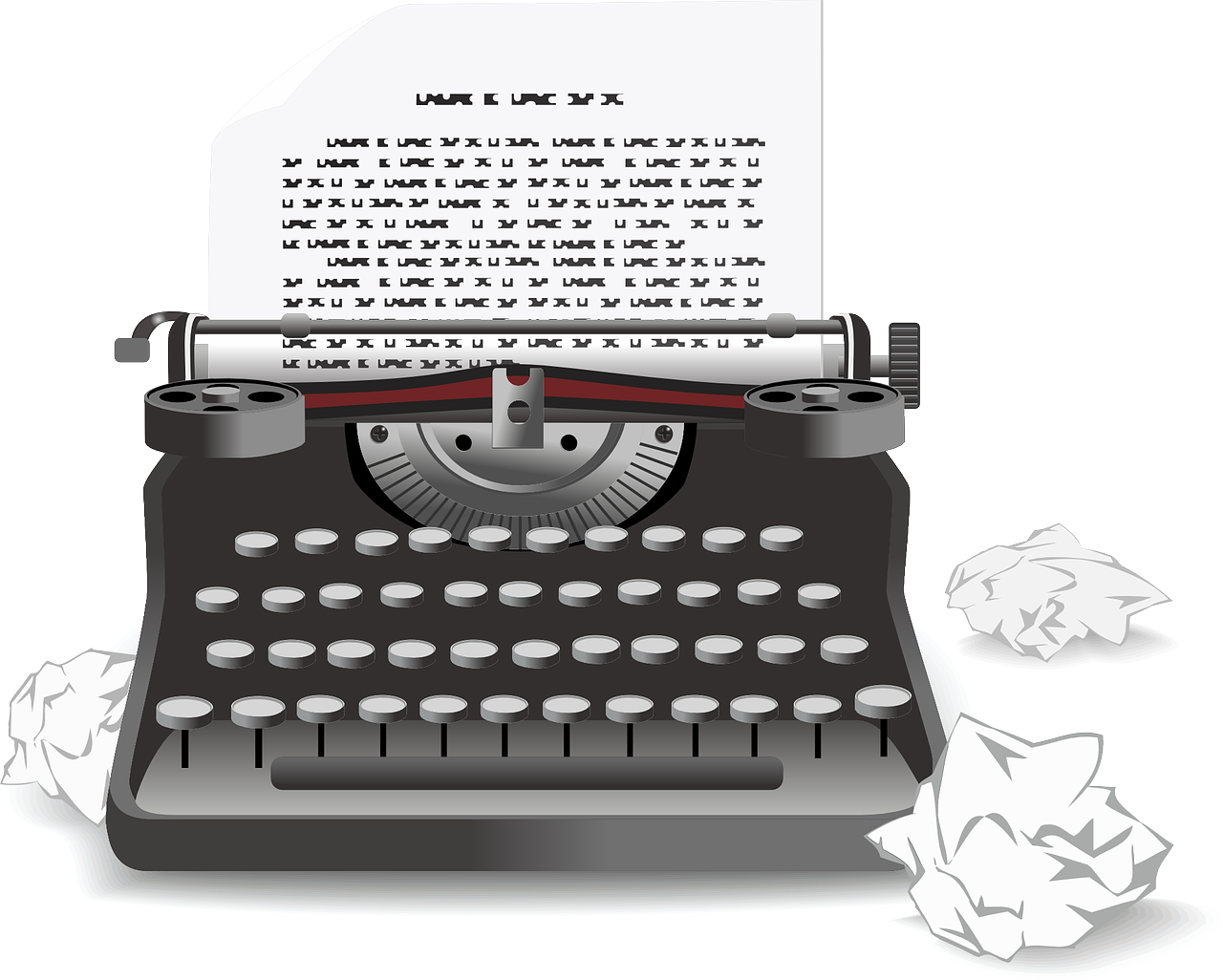The road to hell is paved with adverbs.”
—Stephen King
When I first started writing I searched for just the right adverb to describe an action. Adding “ly” to many words turned them into adverbs. Happy becomes Happily, Jealous—Jealously, Lazy—Lazily, you get my point. Many adverbs, but not all, end with “ly”. Words like almost, never, always qualify, too.
Imagine my surprise–after amassing the greatest list of adverbs known to man–to find you should not use them when writing a story. A writer needs to describe the action instead of using an adverb. Here’s an example.
“You picked him over me?” he asked angrily.
“You picked him over me?” he asked as his eyes widened and face grew red. He crossed his arms, spun on his heel and stormed away.
I’ve become obsessed looking for adverbs in novels. I forget to read the text. I nod my head up and down in approval when I read a description instead of seeing a single “ly” word. When I do see an adverb, I cringe. Then I practice in my head how it could be corrected. It’s not an easy task. One way is to envision the person doing the action and explain what you see.
I think Steven King is sending a message. Adverbs are the easy way out. When it comes to writing, nothing is easy. If you get writer’s block stop what you’re doing. Walk away from the computer, the typewriter or notepad. Go do something else. Whatever you do, don’t revert back to your old ways. Remember, the road to hell is paved with adverbs.

